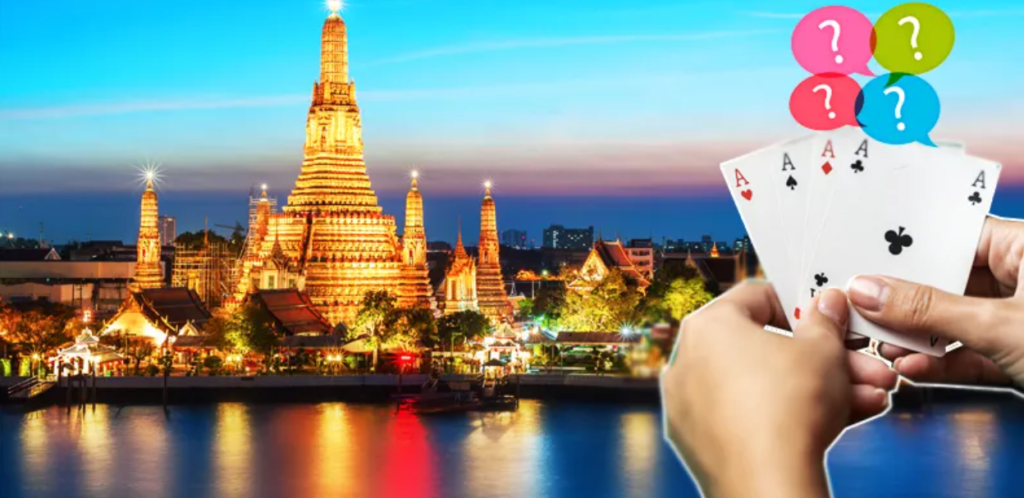
The Thai cabinet approved a “research report on the construction of large complex entertainment complexes” submitted by the House of Representatives’ special committee on casino establishment. It included casinos in entertainment complexes. It also instructed the Ministry of Finance to submit the results of the feasibility study within 30 days. A public hearing will be held soon.
This is the first step in legalizing casinos. The government plans to draft a casino construction plan based on the feasibility study and public discussions and submit it to the parliament. Thai Prime Minister Sretta Thawishin said in an X late last month that allowing casinos would curb illegal gambling.
Gambling is currently illegal in Thailand. The same applies to both domestic and foreigners. Large gambling places have been prevalent since the late 1800s, mainly Chinese immigrants, but most gambling activities have been banned since the revision of the law in 1935. Currently, the only legal meandering industries in Thailand are lottery and horse racing.

Thailand has turned its gambling-related position because of the urgent need to revitalize tourism. Thailand’s tourism industry accounts for about 20% of its gross domestic product (GDP). The local government is implementing various policies to recover the tourism industry, which has been directly hit by the COVID-19 pandemic, such as △ allowing the use of recreational hemp △ visa exemption △ reducing the time to ban alcohol. In addition, it is considering allowing the gambling industry.
The Thai government expects to secure stable tax revenues through this. Kenyaka Oujit, a government spokesman, said on the 9th that the proposed legalization plan will bring more taxes to Thailand. Malaysia-based Southeast Asia-based financial company Maybank Securities also predicted in a recent report that Thailand would generate 178 billion baht, about 1% of GDP, if it introduces casinos.
The tax rate applied to Thailand’s casino industry is expected to be around 17%. “It is lower than the 25-40% tax rate in Singapore, Malaysia, the Philippines, and Macau,” said Zhang Qian, a researcher at Maybank Securities.
However, there is a long way to go before implementation. As soon as he took the first step, there are strong opposition. “I do not agree with the argument that legalization of casinos is part of the government’s efforts to stimulate the economy. Gambling cannot produce any economic products, so economists have never recognized it as an industrial activity,” a professor at Chulaongkorn University in Thailand said in a statement.
There are also concerns about side effects. They argue that gambling addiction can become a social problem or casinos can be abused as a money laundering window. Some point out that allowing casinos could be the “second hemp,” citing the Thai government’s move to ban recreational hemp in 2022 to revitalize tourism, but after a series of misuse and abuse problems emerged.
JENNIFER KIM
US ASIA JOURNAL



